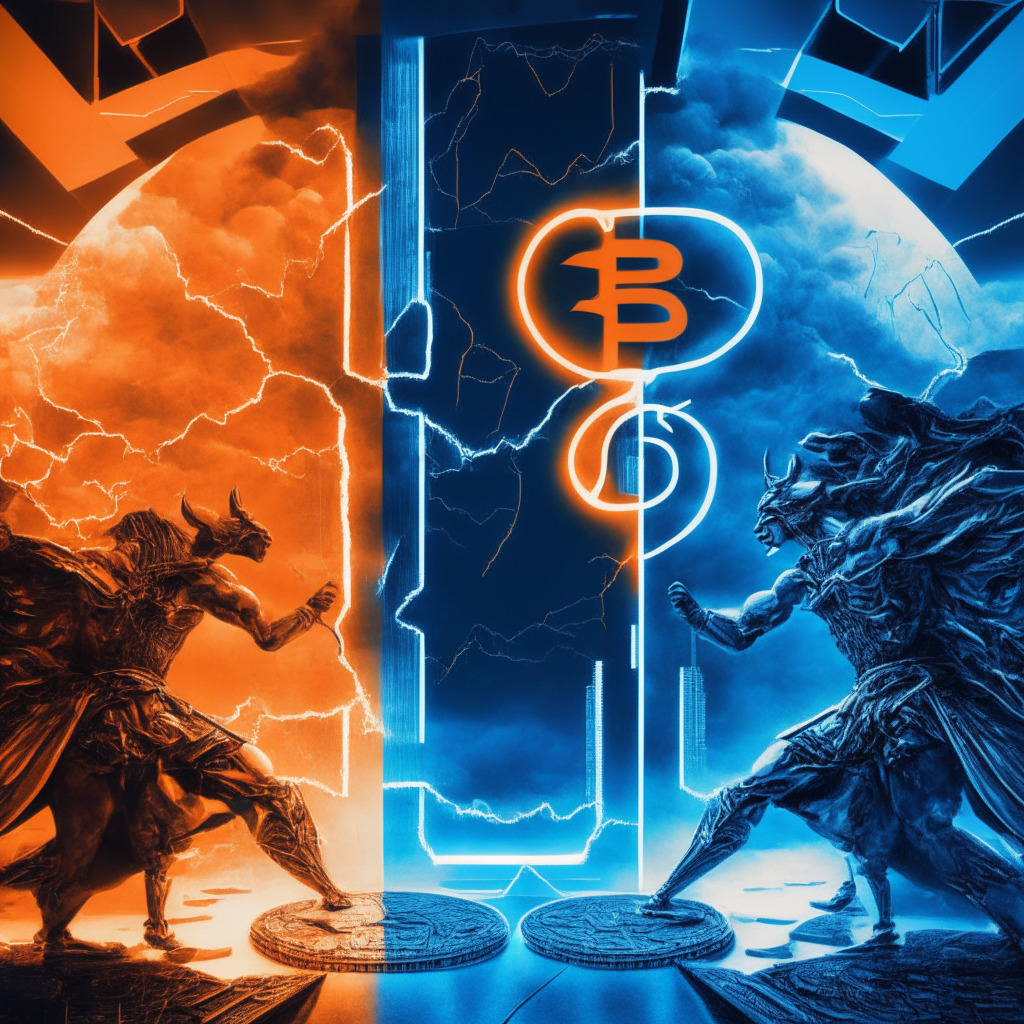In a recent legal battle, a federal judge in Manhattan granted a final request from French luxury goods maker Hermés, permanently barring Mason Rothschild from selling his controversial MetaBirkins NFTs. The court order follows Hermés’ legal victory earlier this year, where they accused Rothschild of violating their trademark for Birkin handbags with his line of 100 MetaBirkins NFTs, digital tokens tied to images of fur-covered, patterned handbags.
According to the filing, Judge Jed Rakoff stated that the jury found Rothschild to have intentionally misled consumers into believing that Hermés was backing his products. Hermés was awarded $133,000 in damages, ruling that Rothschild’s NFT collection did not qualify as protected free speech.
The order not only halts the marketing, selling, and minting of MetaBirkins NFTs but also broadly constrains Rothschild’s future activities relating to MetaBirkins. It prohibits him from making statements that might associate MetaBirkins with Hermés and bars him from offering any incentives for purchasing the NFTs, including airdrops. Nevertheless, Rothschild must airdrop Friday’s court order to current holders of the tokens.
This legal dispute highlights the challenges brands face in shielding their intellectual property as they explore the rapidly evolving world of NFTs. Many major brands are keen on launching digital collectibles yet hesitant to dive into a sphere heavily influenced by decentralization and a permissionless culture.
In February, Rothschild was found guilty of trademark infringement, trademark dilution, and cybersquatting. Despite arguing that his work was artistic expression, the jury concluded that Rothschild had deliberately misled consumers regarding Hermés’ involvement in the project.
After the initial verdict, Hermés claimed that Rothschild kept promoting MetaBirkins’ sale on social media and marketplace listings while attempting to collect royalties. They requested that Rothschild transfer the NFTs he still owns to a wallet they designate and relinquish control of the collection’s Ethereum smart contract.
However, Judge Rakoff did not agree with this demand, explaining that since MetaBirkins NFTs are, to some extent, works of art, a narrower injunction was required to protect free speech. But, Rothschild is instructed to surrender any domain names related to the Hermés Birkins trademark, including metabirkins.com. He has been ordered to transfer the domain name by July 15, after which Hermés will archive it.
The outcome of this case serves as a cautionary tale for both brands and creators operating in the NFT space, underlining the importance of considering intellectual property rights and potential legal implications.
Source: Decrypt




